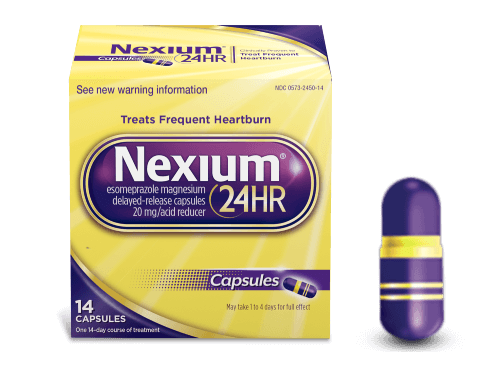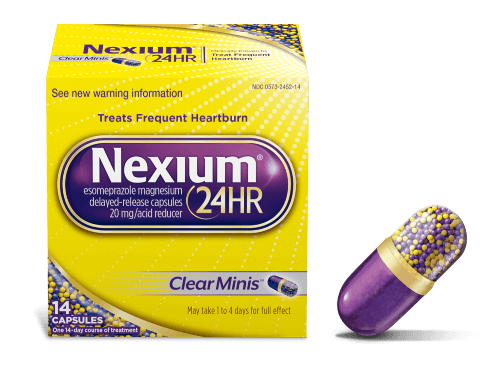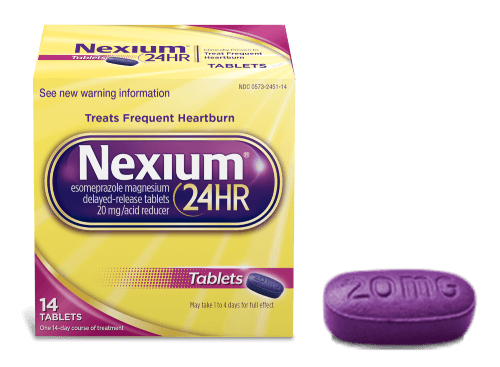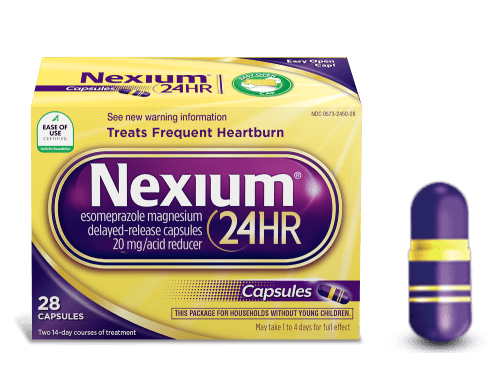Your Microbiome Can Have a Huge Impact on Your Health.
If you’ve ever heard people throwing around the term “microbiome,” you might have wondered what in the world they’re talking about. “Microbiome” describes the collection of the genes of all of the microbes that live in and on your body.1 One helpful way to think of it is to imagine your body as having its own ecosystem full of microbes.
Where are all of these microbes hiding? Most of them live in your gut—in places like your colon, stomach, and small intestine.2
What Is the Gut Microbiome?
Viewed under magnification, the microbiome looks like a busy city street filled with commuters trying to get to their destination.2 The city’s residents are tiny organisms called microbes2—thousands of different species of viruses, parasites, fungi and bacteria. While their numbers are largely concentrated along the digestive highway of the large and small intestines, or gut, these microbes can be found all over the body in a healthy individual.1,2 This collection of minute creatures, the microbiome, is so important to human health that it’s been labeled as a supporting organ.2
A person’s microbiome develops during the first few years of life. How an infant’s microbiome develops depends on how they were born; babies born the traditional way have different microbiomes than babies born via Caesarean section.3 Infants are also exposed to microbes through breast milk.8 By the time they turn three, a child’s microbe mix already resembles that of an adult.8
For all the work your microbiome does, it’s also somewhat delicate. Your microbiome develops and changes as you interact with your environment.7 Additionally, as your body changes, so do the microbes that call it home. Factors like the food you eat, the diseases you get and the stress you feel can all affect the microbes.8
Are All Microbes Helpful?
Most of your gut microbiome is considered symbiotic or “good” and if you’re healthy, both your good and less-good microbes usually coexist peacefully.2 However, disturbances in your gut microbiome such as an insufficient diet or taking antibiotics for a prolonged period can throw off this balance.2
How Microbes Benefit Your Body and Gut
Microbes have numerous important tasks, including aiding your immune system, breaking down potential toxins in your food and combining certain vitamins and amino acids, including B vitamins and vitamin K.2
Some foods we eat, such as certain starches and fibers, aren’t digested quickly.2 These starches and fibers travel to your large intestine to be broken down by gut microbes.2 In the process, the microbes create compounds called short-chain fatty acids.2 The presence of these acids lowers the PH of your intestines and limits the growth of harmful gut bacteria that need a higher PH environment to survive.2 These short chain fatty acids also help nourish the body’s cells, regulate muscle function and potentially prevent some chronic diseases.2
Why should you care? Disruptions in the microbiome have been associated with gastrointestinal issues, and emerging evidence shows that it may play a role in diabetes and allergies which is why it’s important to pay attention to your gut microbiome.4
How to Improve Your Gut Microbiome
When you feed yourself, feed your gut microbiome. Eating foods with prebiotic fiber “feeds” our good gut bacteria.5
To increase gut health, add more gut-bacteria promoting foods to your plate such as:5
- Garlic
- Vegetables including onions and asparagus
- Bananas and other fruits
- Seaweed
- Beans
- Whole grains like wheat, oats and barley
In addition, you should keep up with other healthy habits like exercising regularly.6 Your gut—and your body—will thank you.
If you find yourself dealing with frequent heartburn two or more days a week, you can find relief with an over-the-counter medication like Nexium 24HR. Want to learn more about digestive health and how to help treat heartburn? Visit our Understanding Heartburn hub.
Sources:
- Microbiome. National Institute of Environmental Health Services. https://www.niehs.nih.gov/health/topics/science/microbiome. Accessed 5/29/2024.
- The Microbiome. The Nutrition Source. https://nutritionsource.hsph.harvard.edu/microbiome/. Accessed 5/29/2024.
- Ursell LK, Metcalf JL, Parfrey LW, Knight R. Defining the human microbiome. Nutr Rev. 2012 Aug;70 Suppl 1(Suppl 1):S38-44. doi: 10.1111/j.1753-4887.2012.00493.x. https://www.ncbi.nlm.nih.gov/pmc/articles/PMC3426293/. Accessed 10/3/22.
- Part 2: Treatments for Chronic Gastrointestinal Disease and Gut Dysbiosis. National Library of Medicine. https://www.ncbi.nlm.nih.gov/pmc/articles/PMC4566455/. Accessed 5/30/2024.
- Feed your gut. Harvard Health. https://www.health.harvard.edu/staying-healthy/feed-your-gut. Accessed 5/30/2024.
- The Effect of Exercise Prescription on the Human Gut Microbiota and Comparison between Clinical and Apparently Healthy Populations: A Systematic Review. National Library of Medicine. https://www.ncbi.nlm.nih.gov/pmc/articles/PMC10054511/. Accessed 5/30/2024.
- Defining the Human Microbiome. National Library of Medicine. https://www.ncbi.nlm.nih.gov/pmc/articles/PMC3426293/#S3title. Accessed 5/30/2024.
- Your Changing Microbiome. The University of Utah. https://learn.genetics.utah.edu/content/microbiome/changing/. Accessed 5/30/2024.









